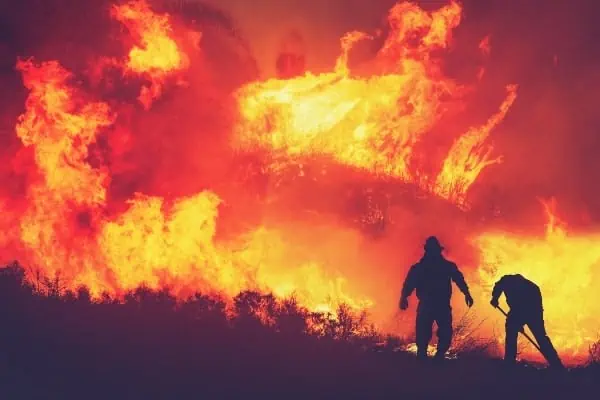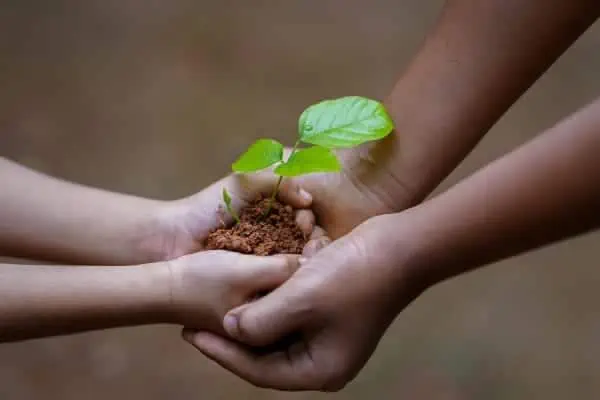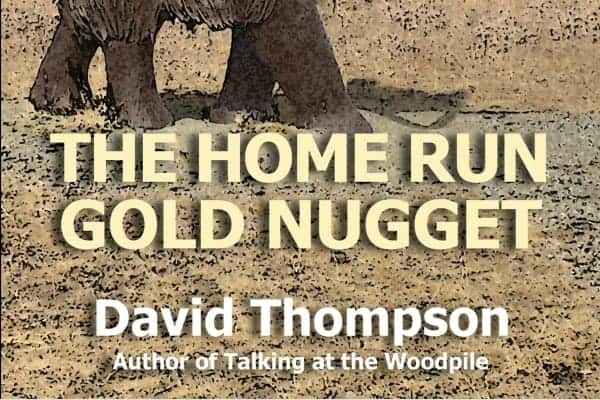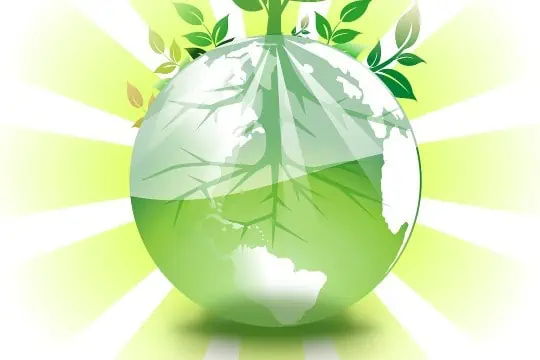It’s a new year. Many of us are gleefully planning must-read books for this year, even if every year our ambition leads to a stack of dusty books with plans to “get to.” Unfortunately this year when you turn on the news you won’t find familiar, joyful new year celebrations as the pandemic drags on and the severity of climate change continues to be revealed. To channel those fears into action, here are some environmental books that can’t be missed. They inspire us with hope and change the narrative from despair to optimism.
The New Climate War – Michael Mann
Michael Mann has been an authority on climate science for the last 30 years. His most famous research result, the “hockey-stick graph,” was a cultural touchstone in the awakening of the public’s awareness to climate change. In his latest book, The New Climate War, Mann reveals that the days of industry simply denying climate change are over. They are now engaging in insidious campaigns worldwide to sow division and distraction to prevent any climate actions. Mann shows that “despair mongering” is a critical tool used by industry to divide us politically and prevent the most simple and straightforward policies from being implemented. This book has a powerful theme of empowerment as the author shows there are many ways to address climate change (many of which are already being done) and many reasons to hope.
Finding the Mother Tree – Suzanne Simard
Finding the Mother Tree chronicles the life and discoveries of one of Canada’s preeminent biologists. Dr. Suzanne Simard at the University of British Columbia was the first Western science researcher to demonstrate that trees not only communicate with one another, they also share resources through vast webs of symbiotic fungi communities. When her research was first published, it was criticized for its willingness to apply language reserved for humans regarding care for each other. It was thought to be radical at best. However, her work has since been vindicated again and again as more research confirms her findings. This book is an amazing choice for building a sense of awe with nature that is rooted in a career of open-minded and dedicated research.
A Good War – Seth Klein
This book typifies the goal of this list by channeling our environmental fears into concrete action. Uniquely hopeful, A Good War details what a wartime approach to climate change in Canada would look like in real terms. Rather than vague assertions about what we should do, Klein delves into a detailed plan informed by the Canadian experience during the Second World War. The author reflects on Canada’s wartime history where, as a society, we mobilized across gender, race and class towards a common goal in a few short years. Klein frames this historical reflection as a hopeful model for how we could address the urgency and scale of climate change.
Pollution is Colonialism – Max Liboiron
This book, released in the fall of 2021, has exploded in popularity and influence through more academic channels and should not be missed. The key narrative is that although research in environmental science has noble goals, it is premised on a colonial worldview and is not critical of that worldview’s role in continual modes of oppression of Indigenous relationships with the land. This is a great book for pushing an environmental understanding outside of the realm of mass media’s simplified narratives. It works toward a much more critical understanding that, although environmentalism may have benevolent goals, it is often a component of systems that make colonial assumptions about relationships with land, waste and resource use. Liboiron offers a toolkit of how to challenge and change these systems and assumptions.
Paying the Land – Joe Sacco
This graphic novel chronicles the complex web of impacts of resource developments in the Mackenzie River to the Dene Communities in the region. This book has direct relevance in the Yukon as the story of resource development and the impacts to First Nations here is directly comparable. Uniquely, if you have lived in the North long enough, you may even know some of the people featured in this book. Paying the Land visually details the stories of community members who have spoken out against the rhetoric of inevitable resource development and is a local example of the type of empowerment and change we can take into 2022.




